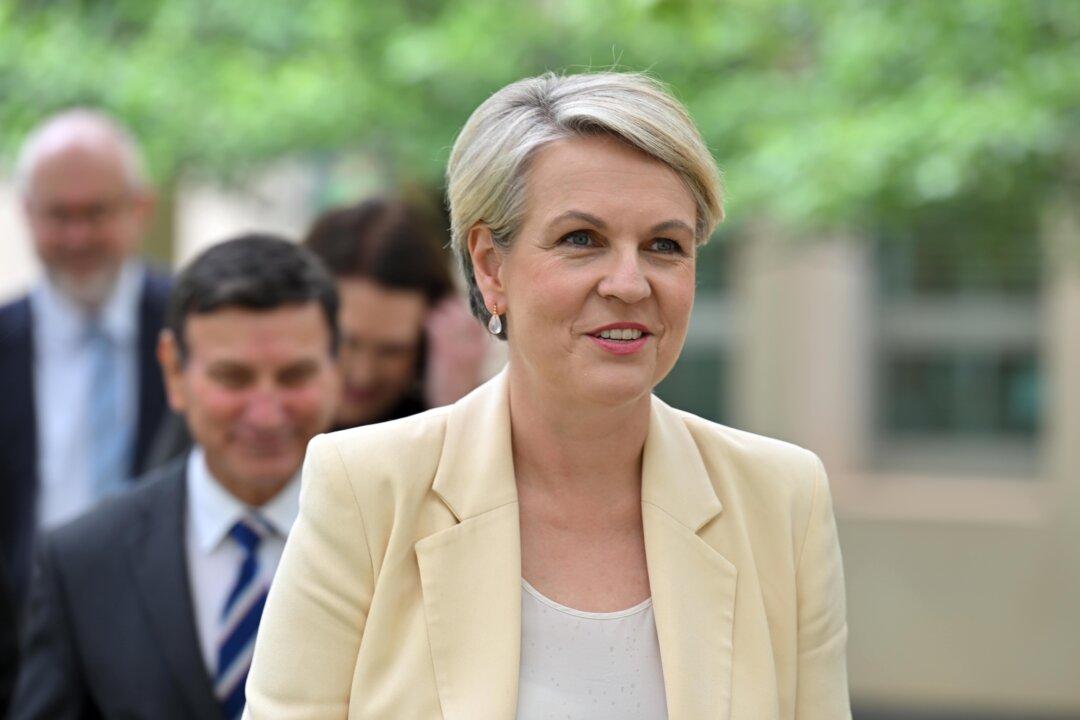The long-awaited inquiry report into the COVID-19 pandemic has exposed significant coordination failures between federal and state governments, leading to widespread confusion and chaos.
Spanning 877 pages, the report highlights substantial misunderstandings regarding roles and responsibilities during the pandemic, particularly between the Australian government and states and territories.





